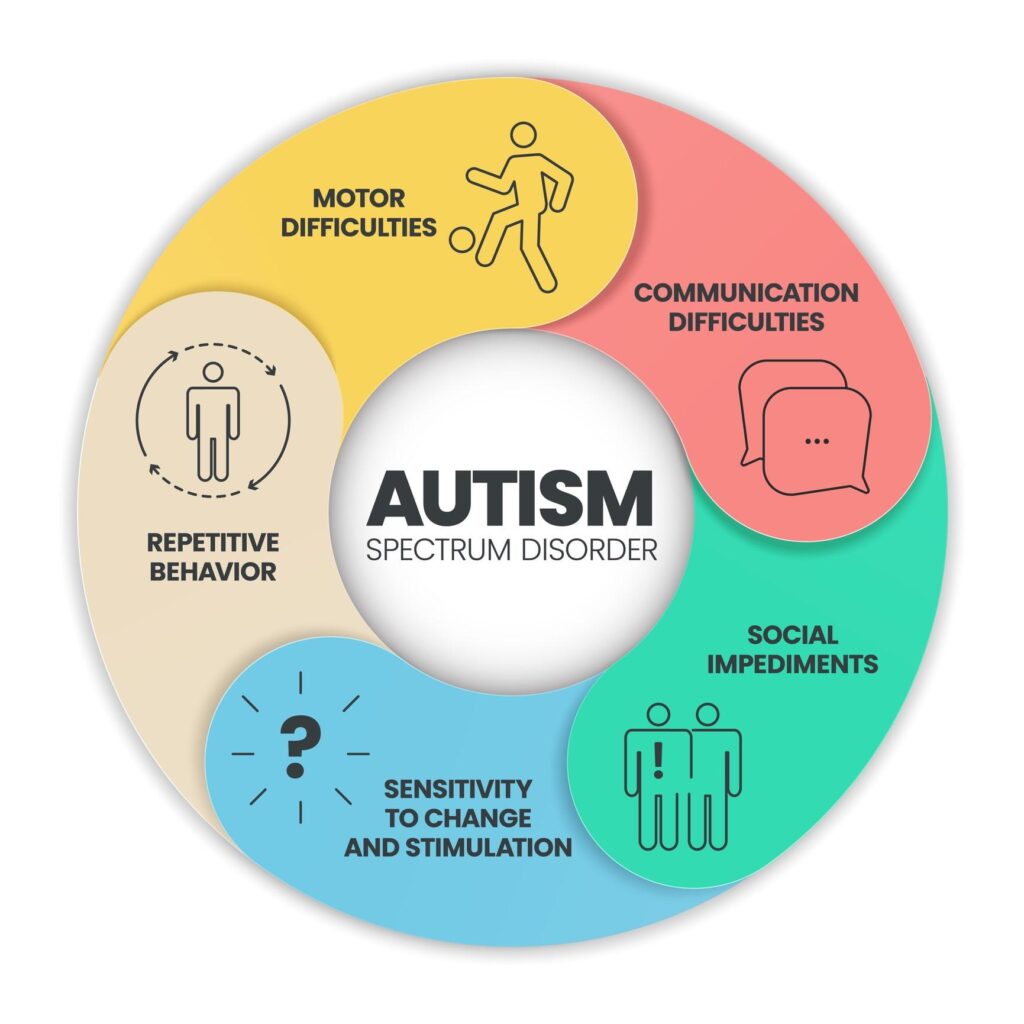The Department of Health and Human Services (HHS) has issued a response to a recent report exploring potential links between acetaminophen use and autism spectrum disorders. The report, published amid growing public concern, examines emerging research that suggests prenatal and early childhood exposure to the common pain reliever may be associated with an increased risk of autism. HHS officials emphasized the need for further investigation while reaffirming current guidelines on the safe use of acetaminophen. This article delves into the details of the report, the agency’s reaction, and the broader implications for public health.
HHS Addresses Concerns Linking Acetaminophen Use to Autism Risk
In response to recent discussions suggesting a link between acetaminophen use during pregnancy and an increased risk of autism spectrum disorder in children, the U.S. Department of Health and Human Services (HHS) has issued a statement emphasizing the current scientific evidence does not confirm this association. The agency highlighted that while acetaminophen is widely used as a safe and effective pain reliever and fever reducer, ongoing research is necessary to fully understand any potential long-term effects on neurodevelopment.
Key points from HHS include:
- Extensive studies have found no conclusive causal relationship between acetaminophen and autism.
- Health professionals are encouraged to follow existing guidelines when recommending acetaminophen, particularly during pregnancy.
- HHS supports further rigorous research to monitor and ensure the medication’s safety profile remains robust.
| Aspect | Current Understanding |
|---|---|
| Research Status | No definitive causal link established |
| Usage Recommendation | Continue under medical advice |
| Future Actions | Increase longitudinal studies |
Experts Call for Further Research on Medication Safety During Pregnancy
Medical experts emphasize the urgent need for comprehensive studies to better understand the potential risks of common medications used during pregnancy. While acetaminophen remains one of the most widely recommended pain relievers for expectant mothers, recent findings linking its prenatal use to neurodevelopmental outcomes such as autism spectrum disorders have sparked widespread concern. Specialists caution that current data is insufficient to draw definitive conclusions, and they advocate for a cautious approach in both prescribing and consuming these medications until clearer evidence emerges.
Key areas identified for deeper investigation include:
- Dosage impact: Establishing safe exposure levels to minimize fetal risk.
- Timing of use: Understanding how different pregnancy stages may influence outcomes.
- Alternative treatments: Exploring safer options for pain and fever management.
- Long-term effects: Monitoring child development beyond early childhood milestones.
| Research Focus | Current Knowledge | Research Gaps |
|---|---|---|
| Acetaminophen Dosage | Generally considered safe at recommended levels | Lack of pediatric neurodevelopmental long-term studies |
| Exposure Timing | First trimester most sensitive period suspected | Unclear effects during second and third trimesters |
| Alternatives in Pregnancy | Limited data on effectiveness and safety | Need for evidence-based non-pharmaceutical options |
Officials Advise Cautious Use of Acetaminophen Amid Emerging Findings
Health officials have issued a reminder to the public regarding the prudent use of acetaminophen, especially in light of new studies exploring a potential link between the common pain reliever and an increased risk of autism spectrum disorders. While research is still in preliminary stages and far from conclusive, agencies emphasize the importance of consulting healthcare providers before administering acetaminophen to children, pregnant women, or individuals with existing health concerns.
Key recommendations for acetaminophen use include:
- Using the lowest effective dose for the shortest possible duration.
- Avoiding unnecessary or routine use without medical guidance.
- Monitoring for any adverse reactions and seeking advice promptly if concerns arise.
| Group | Recommended Approach |
|---|---|
| Pregnant Women | Consult doctor before use; consider alternatives |
| Parents of Young Children | Follow pediatric dosing carefully; avoid prolonged use |
| General Population | Use as directed; limit frequency and dose |
Wrapping Up
As the conversation around autism and potential environmental risk factors continues, the Department of Health and Human Services’ response to the recent report on acetaminophen use underscores the importance of rigorous scientific evaluation. While questions remain, health officials emphasize the need for further research to clarify any possible links and guide public health recommendations. Stakeholders and families alike await more definitive insights as investigations progress.
